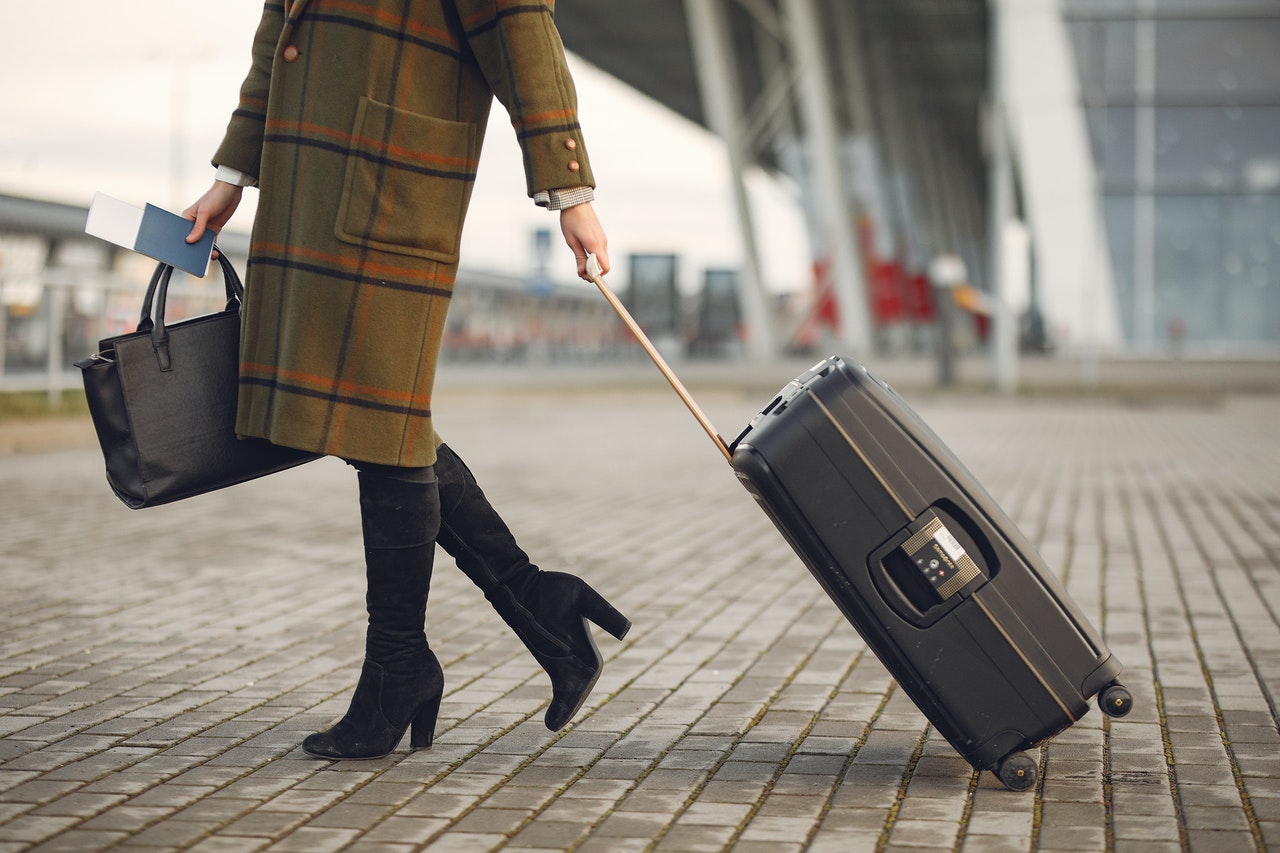Did you know that the governments of all countries have created safe travelling guides for their citizens? In July it was announced that the government of Canada would be creating a safe-passing guide. This is a great idea! The new law targets tourist irregularity, which has increased dramatically over the past decade. These guides notify tourists of when and where to safely return home from a visit to a country’s tourist attractions.
For travelers who wish to take advantage of this service, all they have to do is contact their local tourism office. At the government of Canada’s website, you will find a list of travel advisories, which advise on the safe travelling of citizens. At the time of writing, the list of travel advisories included: passports must be acquired at airports and ports of entry before departure; Canadian citizenship and Immigration laws require travellers to declare their identity; all international travel is now subject to customs and immigration inspection; and all airlines implement security measures at check-in and when boarding passengers. For further details, you can contact your local tourism office. There is also a list of destinations that have been added to the list of countries reopening their ports of entry.
The government of Canada has also issued statements when will it be safe to travel again. On July 8th, the advisory stated: “The security situation in the region has been reviewed and updated in light of the recent disasters. While there are currently no safety concerns to warrant travel avoidance or delay, the protection and safety of Canadian citizens remain our number one priority. As long as the areas of concern remain stable, Canada will continue to offer safe and secure travel options to people travelling across the country.”
A similar advisory was issued by the Department of Foreign Affairs on July 7th. The post-coronavirus travel restrictions had been due to an outbreak of a deadly virus in north-west Pakistan. However, the South Korean airline Korea Airlines had introduced a temporary visa for citizens of that country following an outbreak of the same disease in that country. There have been no new details regarding the situation.
A spokesperson for the Department of Foreign Affairs in Canada has confirmed that while there are no travel bans currently in place, travelers should still avoid travelling through the areas affected by the virus in June. The spokesperson has also advised against travelling to south Korea from Canada since there was a post-incident report of a related outbreak in June. The May 29th advisory from the Canadian Embassy in South Korea read: “The government of Canada requests the immediate cessation of flights to Korea from Canada until further notice due to reports of possible contamination with H7 influenza. Travellers to Korea may still access airports using alternative methods.”
In addition to those two countries, there was another significant report released by the WHO on May 29th that covered the period between March and May. The report states that there is continuing transit of people with contacts who have not been tested or are not reporting. For these individuals, there is a risk of onward transmission of the virus to other individuals. The guidelines from the WHO and the Canadian government state that all travellers should be advised to be vigilant about their health and seek medical attention if they experience any symptoms associated with the recent outbreak of coronavirus and follow all post-coronavirus travel tips to avoid passing the infection to others.

 by Jack Waltour 4 years ago
by Jack Waltour 4 years ago